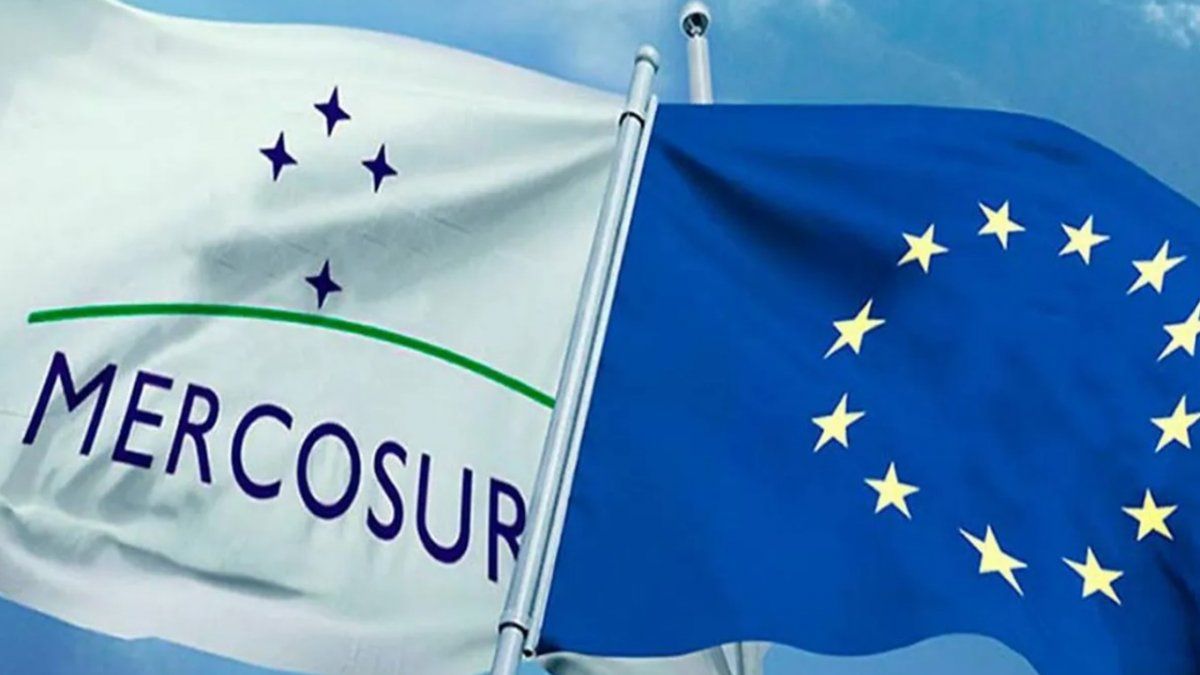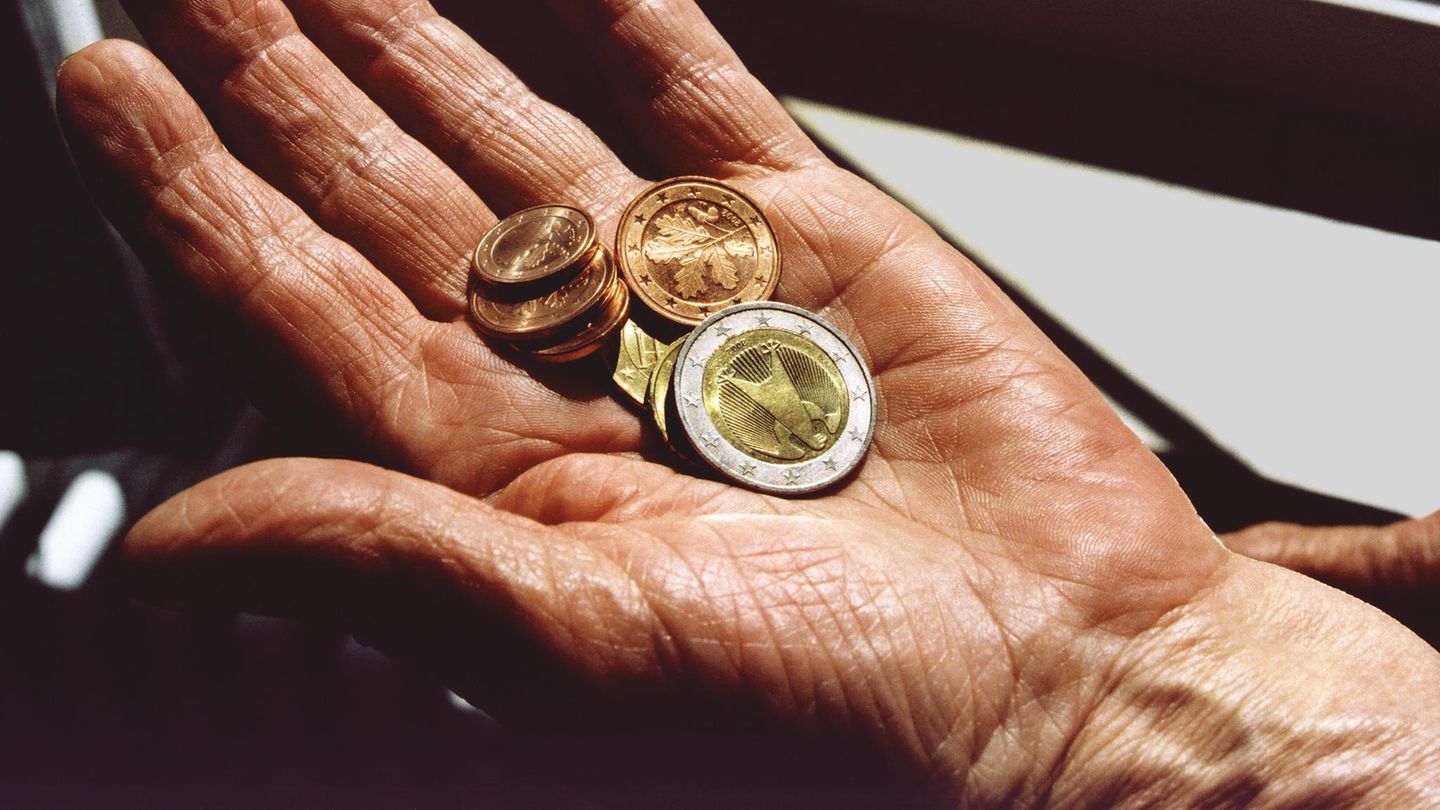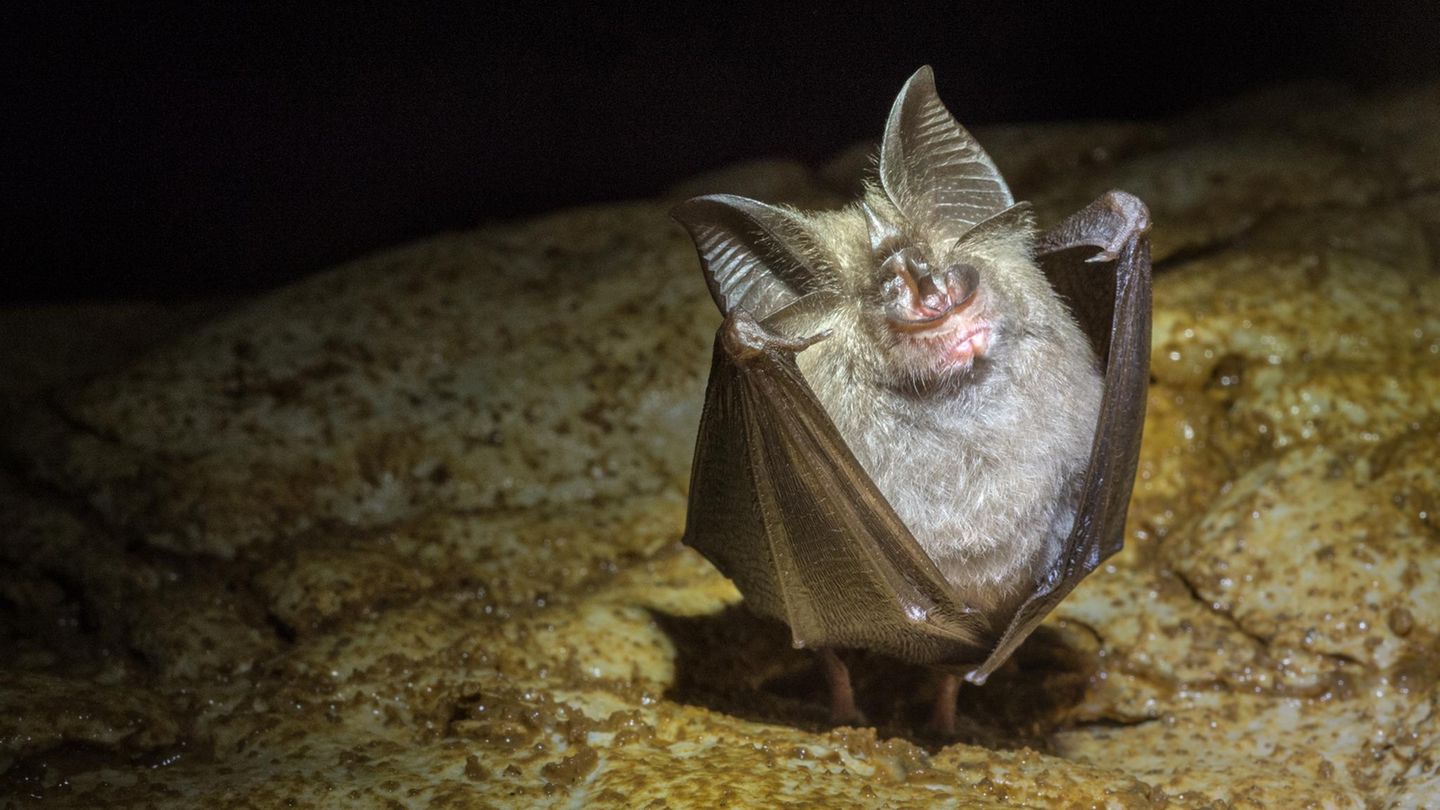He Mercosur responded with a joint position to the latest requirements of the European Union contained in the “additional commitment.” Ambit had exclusive access to “non-paper” prepared by the negotiators. The South American bloc was willing to “work for a quick completion of the negotiation”, although it completely rejected the possibility of applying sanctions for possible non-compliance with environmental clauses.
“We are willing to negotiate a joint instrument of trade and sustainable development,” says the header of the text that was sent to Brussels in the last few hours. Although at the same time, it warns that it has to be based on a cooperative approach: “it should not include sanctions or imply their application in the document” and adds that “the Parties have to avoid the use of measures that imply an unjustified or unnecessary obstacle to trade.” ”.
As this media learned, one of the main promoters of that paragraph was Brazil. In June of this year, when the president of the European Commission Ursula von der Leyen visited Brasilia, President Lula da Silva had already anticipated that position. “The premise that must exist between strategic partners is mutual trust, not distrust and sanctions,” said the president of the neighboring country on that occasion.
However, Mercosur continues to show a willingness to move forward with the discussion, based on the text negotiated in 2019. Although it points out that when facing “unprecedented” challenges such as the climate change, food insecurity and geopolitical tensionsthe Association Agreement “must safeguard the capacity of States to implement public policies.”
On this point, two diplomatic sources participating in the negotiation explained to this medium that Brazil seeks to preserve the national purchasing policy because it considers it a fundamental instrument for the development of its industry. Especially in some specific areas, such as medical equipment. While Argentina emphasizes the need to sustain and promote the automotive sector, in the face of the challenge of electromobility.
The document points out some priorities when safeguarding the ability to implement policies: health, science, technology and innovation, interregional value chains, sustainable mobility, digitalization and food security, among others. In addition, it points out that “the agreement should provide financing that allows vulnerable sectors to take advantage of the benefits of the agreement, help producers who wish to comply with import requirements and promote sustainable productive initiatives.”
Another of Mercosur’s requests is to have mechanisms to “rebalance the trade concessions negotiated under the Association Agreement if these are suspended or annulled as a result of internal EU legislation”. This passage makes a clear allusion to the new European Green Deal that was signed after the beginning of the agreement sealed in 2019 and that severely complicates the possibilities of local exporters.
However, the agreed text highlights that “Mercosur and its States Parties believe that the rapid conclusion of the negotiations would be an unequivocal contribution to addressing the challenges, it would send a strong signal to the international community of unity and collaboration between two regions of the world that share the same set of values.”
Of course, within that consensus there are also nuances in speeds. Uruguay wants to move forward as quickly as possible without requesting concessions from the EU, Paraguay has an intermediate position but closer to Luis Lacalle Pou’s line. Both Argentina and Brazil show a more defensive position. It is clear, the first two countries do not have an industry to protect, while the latter do.
Source: Ambito




